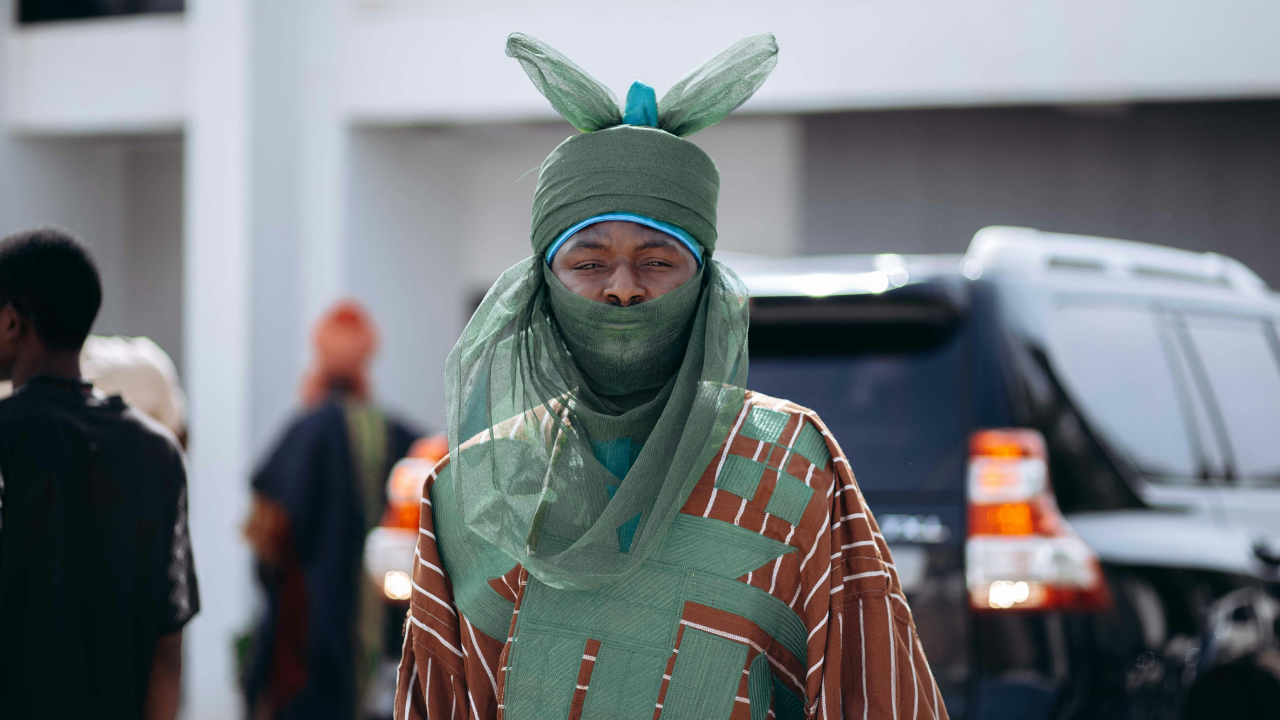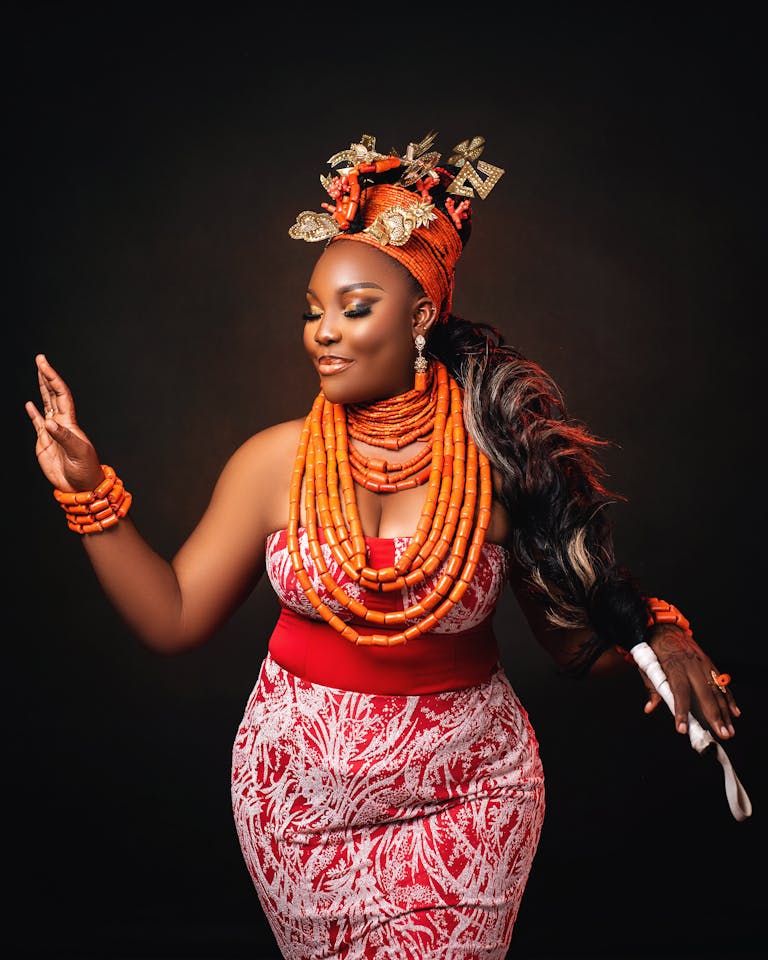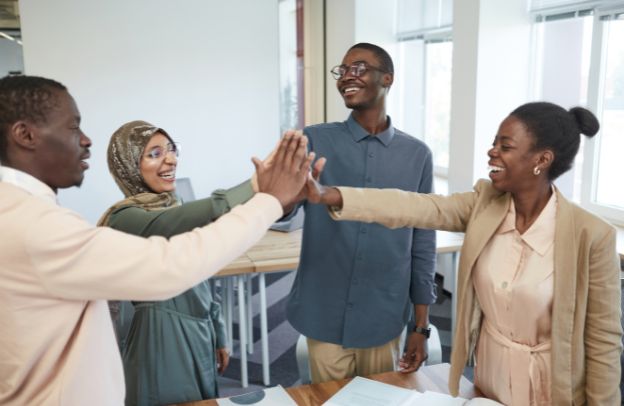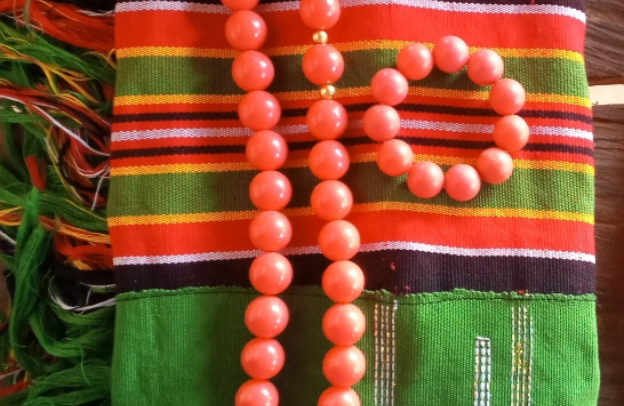Unlocking the Brain: Why Memory Training Should Be in Every School

One of the most critical skills children develop for effective learning is working memory, which is about the ability to hold and manipulate information in the mind over short periods (usually just a few seconds). As one publication put it, this skill is fundamental to learning. Whether solving math problems, following multi-step instructions, or understanding complex reading passages, strong working memory plays a key role. Despite its importance, explicit training in this area is often overlooked in schools.
Learn How to Leverage Your Story through our Story To Asset Framework.
Across Africa, memory is more than just recalling facts for a test, it’s a living link to identity, heritage, and wisdom. It’s how we remember who we are, where we come from, and how to live with kindness and purpose.
When schools teach children to use memory with intention, much like elders have done for generations, it empowers them to become not only stronger learners but also proud, grounded members of their communities.
That powerful idea is at the heart of Project Memorial by WeDiasporan, a youth-centered literary initiative that seeks to awaken the storyteller within every Nigerian and African youth, ages 11 to 21. The strong belief behind the project is that your story is your power: a vital thread in the fabric of who you are and where you come from.
Founded by Obehi Ewanfoh in loving memory of his late mother, Mrs. Maria Ewanfoh, Project Memorial is both a personal tribute and a collective call. It honors the men and women who have shaped us, and invites the next generation to rise, speak, and boldly share the stories that will shape tomorrow.
Memory Is Like a Muscle; You Can Make It Stronger by Training
Your brain is amazing. It can remember the sound of your mother’s voice, the name of your best friend, and even the way the rain smells. But did you know you can train your memory, just like you train your legs to run faster?
In African culture, memory training starts early, through stories, songs, games, and spoken history. When a grandmother in Esanland tells a story about a clever rabbit or a foolish king, children don’t just listen.
They remember. They retell the stories later, sometimes with songs or hand movements. This is a kind of brain training! It helps kids understand ideas, solve problems, and speak clearly.
According to the African Storybook Initiative, oral storytelling improves reading, speaking, and thinking skills, especially when children engage with the story emotionally and actively.
Why Memory Matters in School
Think of memory as the foundation of learning. You need memory to read a sentence, do a math problem, or understand how the world works. But schools often forget to teach memory. They expect children to remember things without showing them how.
In Esan and other African traditions, children learn using these smart memory tools:
- Repetition: Repeating a song, a proverb, or a riddle helps the brain make strong connections
- Call and response: A teacher or elder says something, and the children repeat it back. It’s fun and musical, and it locks information in the brain.
- Storytelling with meaning: Stories are filled with lessons. When a child hears that “the lazy farmer never eats during harvest,” they learn the value of hard work and also remember the lesson.
- Use of rhythm and rhyme: Traditional songs and poems use beat and rhyme to help the brain remember more easily. Neuroscience backs this up, research shows rhythm improves memory because it activates multiple parts of the brain.
Memory Builds Identity and Pride
Memory also helps children understand who they are. In African societies, children are taught about their family, their history, and their people through oral traditions. In Esan culture, knowing your clan’s name, the meaning behind it, and the story of your ancestors helps you stand proud and confident.
This is part of an important African value called Sankofa, from the Akan people of Ghana. It means “go back and get it.” The idea is that to build a strong future, we must first remember the past. Memory training in schools can use this principle to help children explore their family stories, local heroes, and village wisdom.
How Schools Can Train Memory Like a Superpower
A 2024 MIT publication, Memorable Learning, traces the science of memory back to the late 1800s, when German psychologist Hermann Ebbinghaus began experimenting on himself. By memorizing lists of meaningless syllables, he uncovered key principles that still shape our understanding of how we learn.
One of his most important discoveries was the spacing effect of the idea that information is better retained when study sessions are spread over time, rather than crammed into a short period. For example, reviewing material after a night’s sleep is far more effective than rereading it over and over in one sitting.
See also The History Of Esan People Of Nigeria
So, what if schools were built around this kind of memory-friendly learning? Imagine a Classroom That Makes Memory Stick:
- Morning Storytime: Each day begins with a story. After listening, students retell it in their own words or act it out, turning memory into play.
- Proverb Wall: Every week, a new African proverb is introduced. Students discuss its meaning and try to use it in real conversations.
- Memory Games: Lessons are set to rhythm and rhyme through clapping, singing, and chanting, making facts easier to recall.
- Family Sharing Projects: Children bring in stories from home, which are then used for reading, writing, and discussion activities.
- Local Language Celebrations: Riddles, poems, and important vocabulary are shared in the students’ mother tongue, reinforcing both language and memory.
These simple yet powerful strategies do more than help students remember; they make learning meaningful. When students connect emotionally with content, their brains light up. They retain more, engage more, and feel seen.
Let’s Make Memory Training a Part of Every School
Imagine a school where you learn how to count with songs from your village, how to read using the story of your grandfather’s fishing trip, and how to understand kindness through a wise proverb. That’s what memory training does. It makes learning real, joyful, and powerful.
Memory is not just in your head; it’s in your heart, your family, your community. When schools bring traditional memory methods into the classroom, they help every child grow up smart, strong, and proud of where they come from.
Parents, teachers, and leaders must work together to make this happen. Let’s fill classrooms with the sound of stories, the rhythm of songs, and the wisdom of the past. Because when we unlock memory, we unlock the whole brain, and the whole child.
Learn How to Leverage Your Story through our Story To Asset Framework.





